Old Practices, worthy application?
lathyrus_odoratus
14 years ago
Related Stories

DECORATING GUIDESCalifornia Law: License to Practice Interior Design?
A proposed bill that would require a license to practice interior design in California has Houzzers talking. Where do you stand?
Full Story
ARCHITECTUREDesign Practice: How to Start Your Architecture Business
Pro to pro: Get your architecture or design practice out of your daydreams and into reality with these initial moves
Full Story
THE ART OF ARCHITECTUREDesign Practice: 11 Ways Architects Can Overcome Creative Blocks
When inspiration remains elusive, consider these strategies for finding your creative muse
Full Story
DESIGN PRACTICEDesign Practice: How to Pick the Right Drawing Software
Learn about 2D and 3D drawing tools, including pros, cons and pricing — and what to do if you’re on the fence
Full Story
KITCHEN DESIGNKitchen of the Week: Practical, Budget-Friendly Beauty in Dallas
One month and a $25,000 budget — see how a Texas homeowner modernized her kitchen beautifully working with those remodeling constraints
Full Story
BATHROOM DESIGNDream Spaces: Spa-Worthy Showers to Refresh the Senses
In these fantasy baths, open designs let in natural light and views, and intriguing materials create drama
Full Story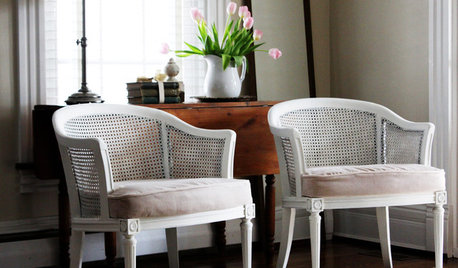
BUDGET DECORATINGBudget Decorator: 8 Ways to Make Old Furniture Look Brand New
Learn stripping, staining, painting and reupholstering basics to make bargain-basement furniture worthy of center stage at home
Full Story
KITCHEN PANTRIES80 Pretty and Practical Kitchen Pantries
This collection of kitchen pantries covers a wide range of sizes, styles and budgets
Full Story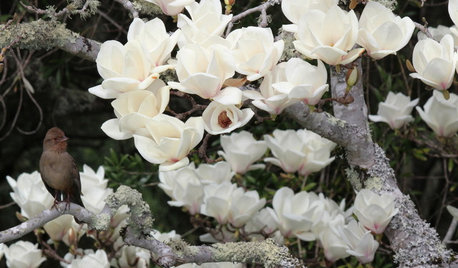
SPRING GARDENING7 Spectacular and Practical Spring-Flowering Trees
Put on a beauteous show in the garden with a landscape tree awash in flowers — just do your homework first
Full Story
KITCHEN DESIGN16 Practical Ideas to Borrow From Professional Kitchens
Restaurant kitchens are designed to function efficiently and safely. Why not adopt some of their tricks in your own home?
Full Story


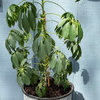
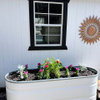
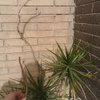

jodik_gw
bgrow_gardens
Related Discussions
Irresponsible Nursery Practices - A Rant
Q
Cherished belief shattered!
Q
let's not be practical - your real dream house
Q
Are there some univerallty accepted good practices ??
Q
imstillatwork
tapla (mid-Michigan, USDA z5b-6a)
jodik_gw
kemistry
kemistry
kevin_mcl
lathyrus_odoratusOriginal Author
tapla (mid-Michigan, USDA z5b-6a)
jodik_gw
ruet
jodik_gw
kevin_mcl
daisy735
lathyrus_odoratusOriginal Author
lathyrus_odoratusOriginal Author
tapla (mid-Michigan, USDA z5b-6a)
soil_man
kevin_mcl
lathyrus_odoratusOriginal Author
lathyrus_odoratusOriginal Author
tapla (mid-Michigan, USDA z5b-6a)
jodik_gw
tapla (mid-Michigan, USDA z5b-6a)
kevin_mcl
tapla (mid-Michigan, USDA z5b-6a)
jodik_gw
kevin_mcl
calistoga_al ca 15 usda 9
jodik_gw
greenman28 NorCal 7b/8a
jodik_gw
lathyrus_odoratusOriginal Author
kemistry
calistoga_al ca 15 usda 9
jodik_gw
lathyrus_odoratusOriginal Author
tapla (mid-Michigan, USDA z5b-6a)
meyermike_1micha
lathyrus_odoratusOriginal Author